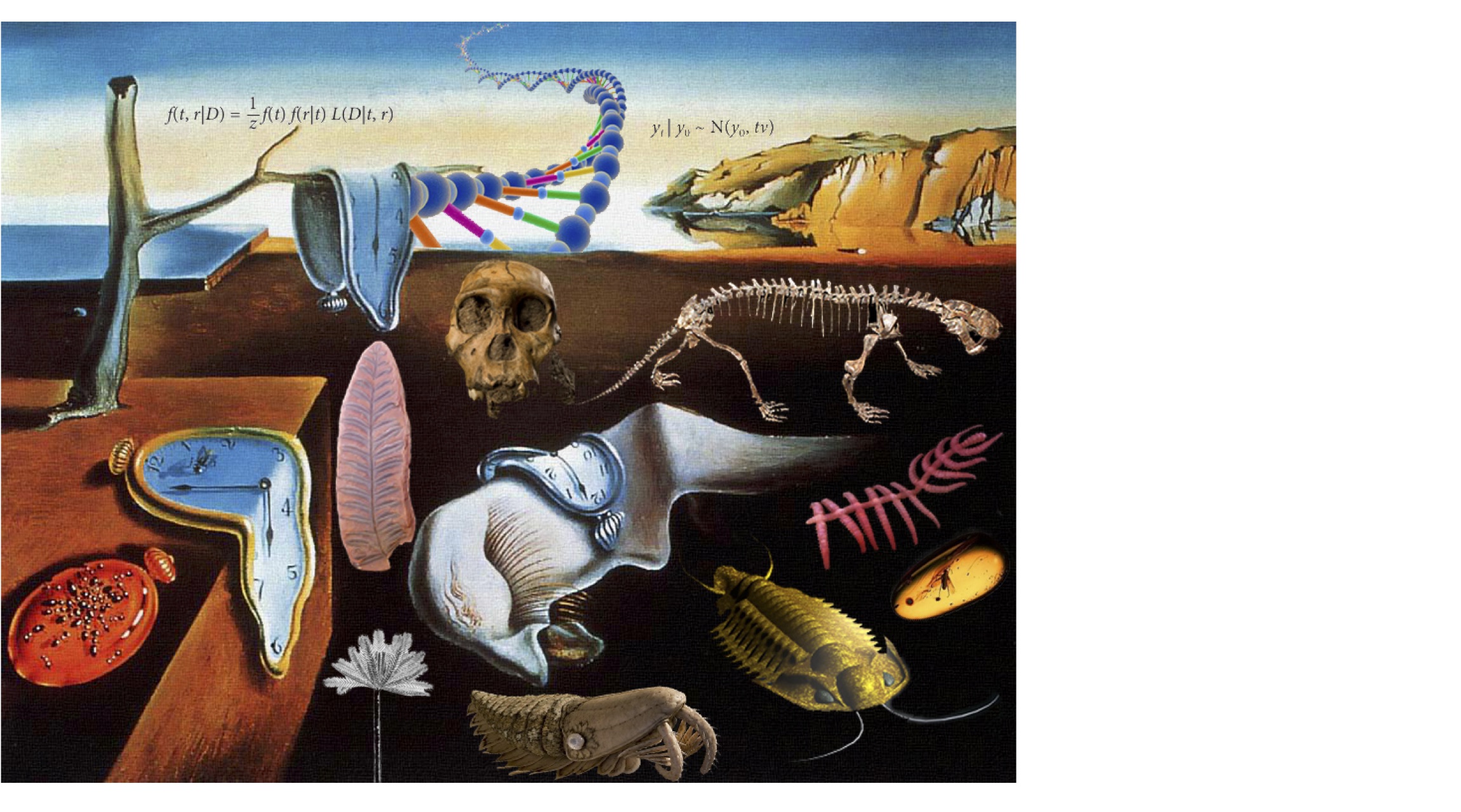Bayesian molecular clock-dating of phylogenies: fossils, genomes and uncertainty
Biologists have been greatly interested in estimating the times of divergence of organisms, that is, in placing geological ages on the nodes of the Tree of
Speakers
Event series
Content navigation
Description

Biologists have been greatly interested in estimating the times of divergence of organisms, that is, in placing geological ages on the nodes of the Tree of Life. These ages can then be correlated with important events in the geological history of the planet (such as continental drift, climate change or asteroid impacts) to understand how and why organisms evolved and diversified.
The molecular clock hypothesis has become a powerful tool in evolutionary biology, making it possible to use molecular sequences to estimate the geological ages of species divergence events. With recent advances in Bayesian clock dating methodology and the explosive accumulation of genetic sequence data, molecular clock dating has found widespread applications, from tracking virus pandemics, to studying the macroevolutionary process of speciation and extinction, to estimating a timescale for Life on Earth.
In this talk I will discuss Bayesian divergence time estimates on phylogenomic data with examples on mammals, including statistical properties of the estimates, strategies to speed up Bayesian computation, and advances in using continuous morphological characters to inform the analysis.
Mario dos Reis studied Biology at Universidad Simón Bolívar in Caracas, Venezuela (his native country). In 2000 he moved to the UK where he did an MSc in Bioinformatics and then a PhD in Molecular Evolution at Birkbeck College. His research in evolutionary biology focus on obtaining inferences from genomic data to understand species adaptation and evolution through time. His research involves both, the development of statistical tools to analyse molecular sequences, and the application of those tools in empirical data analysis. He is particularly interested in working out the timeline of mammal evolution and other animals as case studies in evolutionary biology.
Mario's visit to Canberra is funded by the Centre for Biodiversity Analysis. Hosts: Hermes E. Escalona, Adam Slipinski (Australian National Insect Collection, CSIRO) and Minh Bui (Research School of Computer Science, Australian National University).
All welcome.
Location
Discovery Theatre, CSIRO Discovery Centre, Nth Science Rd, Black Mountain

